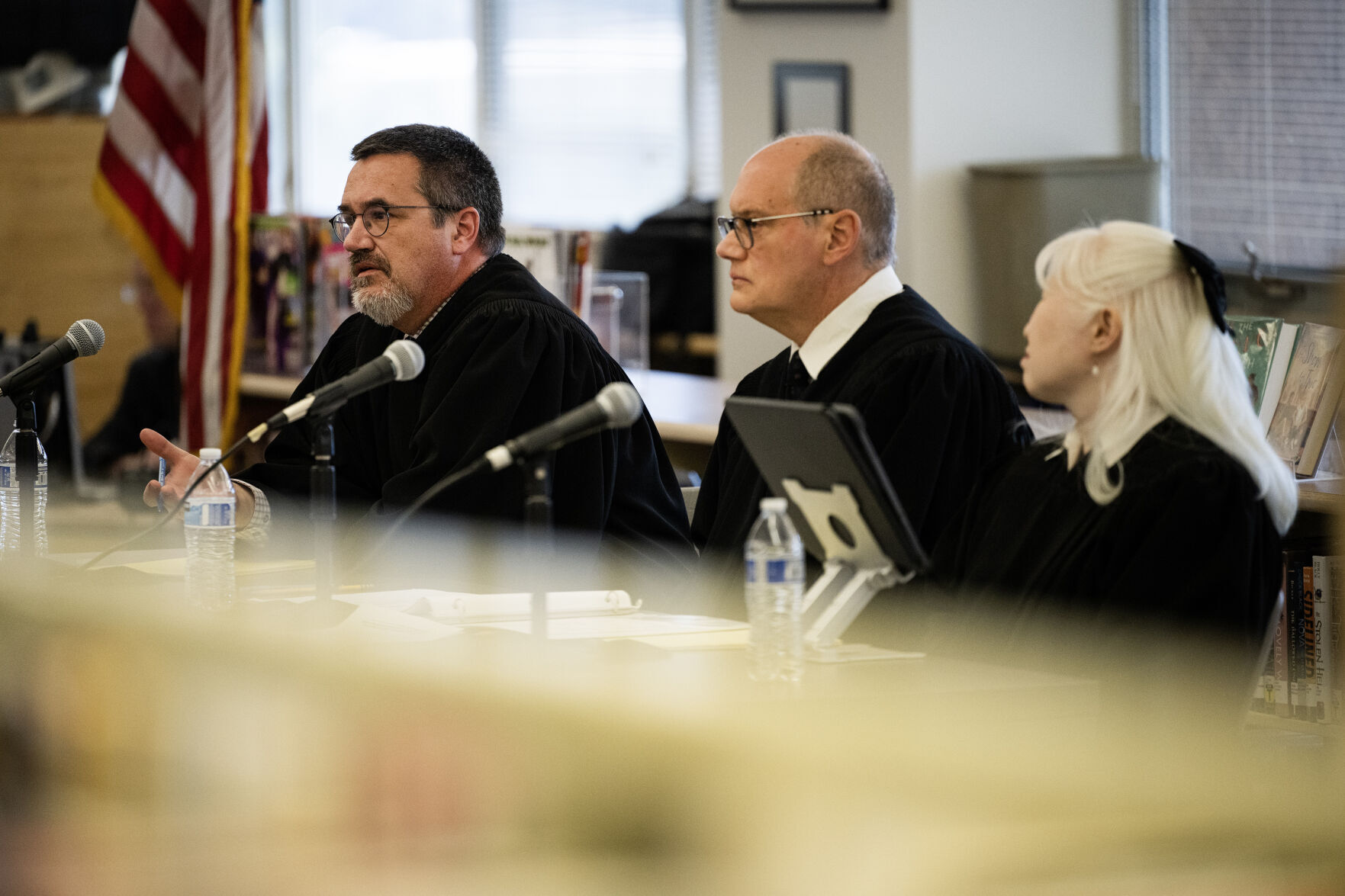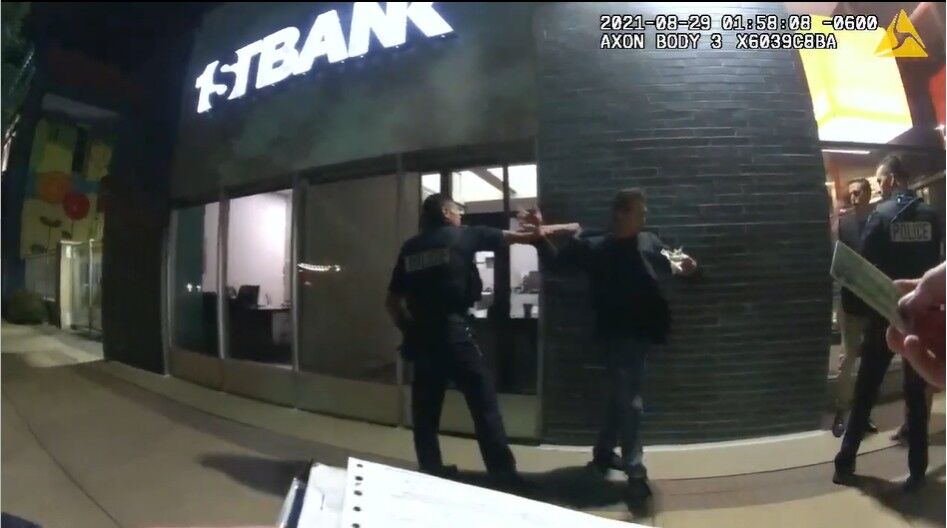Appeals court upholds conviction in ‘unique’ case hinging on gender identity

Colorado’s second-highest court last week upheld an Arapahoe County burglary conviction in a case where the key disputed element was the defendant’s gender identity.
A jury convicted Michael Allen Fresquez of burglary, a component of which is the unlawful entry into a building. Shortly before trial, Fresquez noted they do not identify as male. Therefore, their presence in the women’s restroom of a bank building did not amount to unlawful entry, the defense argued.
A three-judge panel of the Court of Appeals concluded prosecutors presented enough evidence for a jury to hold that Fresquez did, in fact, identify as male at the time of the offense. However, emphasized Judge Ted C. Tow III in the non-precedent-setting decision, it is unusual that prosecutors will ever need to delve into a person’s innate sense of their own gender when proving a crime.
“We stress that in the vast majority of situations a person’s gender identity is irrelevant and, thus, there is no need to even attempt to infer anything about it,” he wrote in the Feb. 8 opinion. “Our discussion is limited to the rare, perhaps even unique, circumstances before us, in which the criminality of an act is purportedly determined by a person’s gender identity.”
Jurors heard evidence that Fresquez rode in an elevator with a woman to the upper floor of a Wells Fargo building, where the restrooms were located. The woman went into the restroom marked for women. Fresquez at first moved in the opposite direction, but then entered the women’s bathroom.
Inside, Fresquez assaulted the woman. She was able to escape and police later tracked down and arrested Fresquez. At the time, the victim identified Fresquez as a heavyset male. Prosecutors charged Fresquez with assault, menacing and burglary.
Although the offense took place in 2018, the defense filed a motion a few weeks before Fresquez’s 2021 trial requesting the use of gender-neutral pronouns. District Court Judge Ryan J. Stuart appeared confused by the development.
“Throughout this case, defense counsel have referred to the defendant as ‘he’ and ‘him.’ And in all of the filings that the defense has made in the case, have used those pronouns,” Stuart said. “Is this a request that’s being made legitimately because he wants to be addressed in a certain way, or is this so that there isn’t evidence of his gender being conveyed by the court to a jury?”
The defense responded that Fresquez’s gender identity was a “Fifth Amendment issue,” implicating a defendant’s constitutional right against self-incrimination.
At trial, Stuart clarified that under state law, a business open to the public can restrict access to its bathrooms by gender. However, a business cannot bar access if a person uses the bathroom corresponding to their gender identity.
“We’re at the stage that Wells Fargo segregated the restrooms,” he said. “The evidence is that the defendant is a man and went into a women’s restroom. If the defense now is, ‘No, he was privileged to be in that restroom because of his gender identity,’ and Wells Fargo did not have the right to trespass the defendant from that restroom, then there has to be evidence presented of that.”
The prosecution argued Fresquez’s driver license listed their sex as “male” and Fresquez’s appearance was masculine in nature. Based on that circumstantial evidence, Fresquez “wasn’t supposed to be there” in the women’s restroom, the prosecution contended.
After the jury convicted on all counts, Fresquez appealed only their burglary conviction. They argued the prosecution had not presented evidence beyond a reasonable doubt that Fresquez identified as male at the time of the offense. Specifically, public defender Taylor J. Hoy observed Fresquez did not have any option but “male” or “female” under Colorado’s procedures for driver licenses at the time.
“An individual’s sex assigned at birth does not equate to their gender or gender identity,” Hoy wrote. “This Court must not conflate these terms. While it may be true that Fresquez was assigned male at birth, that assignment does not mean Fresquez presently identifies their gender as male.”
The appellate panel cautioned it was unclear whether Colorado’s burglary law even criminalized a person’s improper entry into a gender-segregated bathroom in the first place. However, Fresquez did not challenge that assumption, so the panel focused on whether the prosecution’s evidence of Fresquez’s gender identity was sufficient.
It was appropriate for the prosecution to rely on circumstantial evidence, Tow wrote, because there was no other indication Fresquez presented themselves as anything but male.
“There was no evidence even suggesting that Fresquez’s identity was not consistent with their sex assigned at birth and their outward gender expression,” he explained. “Certainly, if there is any information suggesting otherwise, the reasonableness of such an inference would be curtailed. But here, there was none.”
The case is People v. Fresquez.














